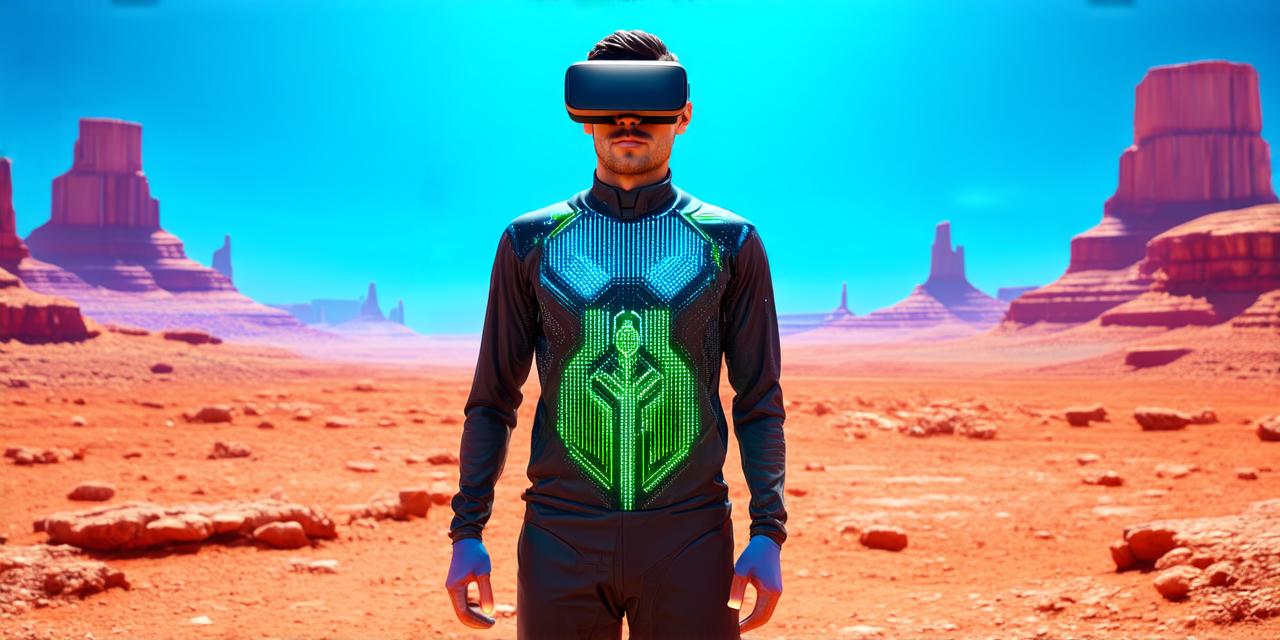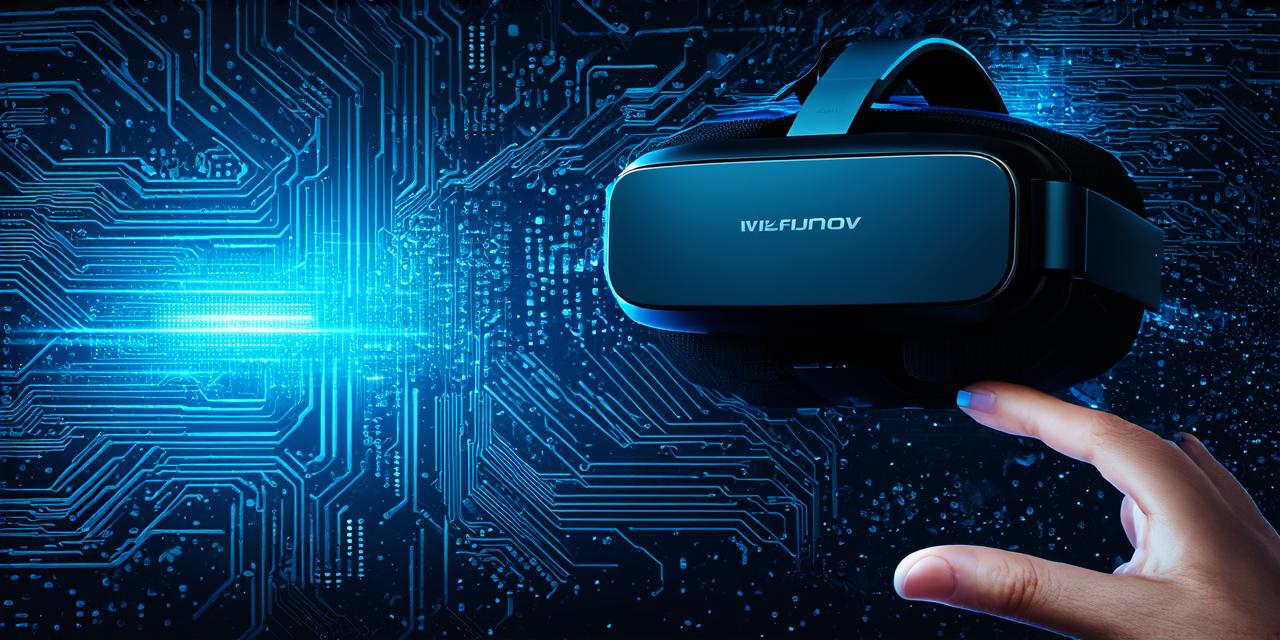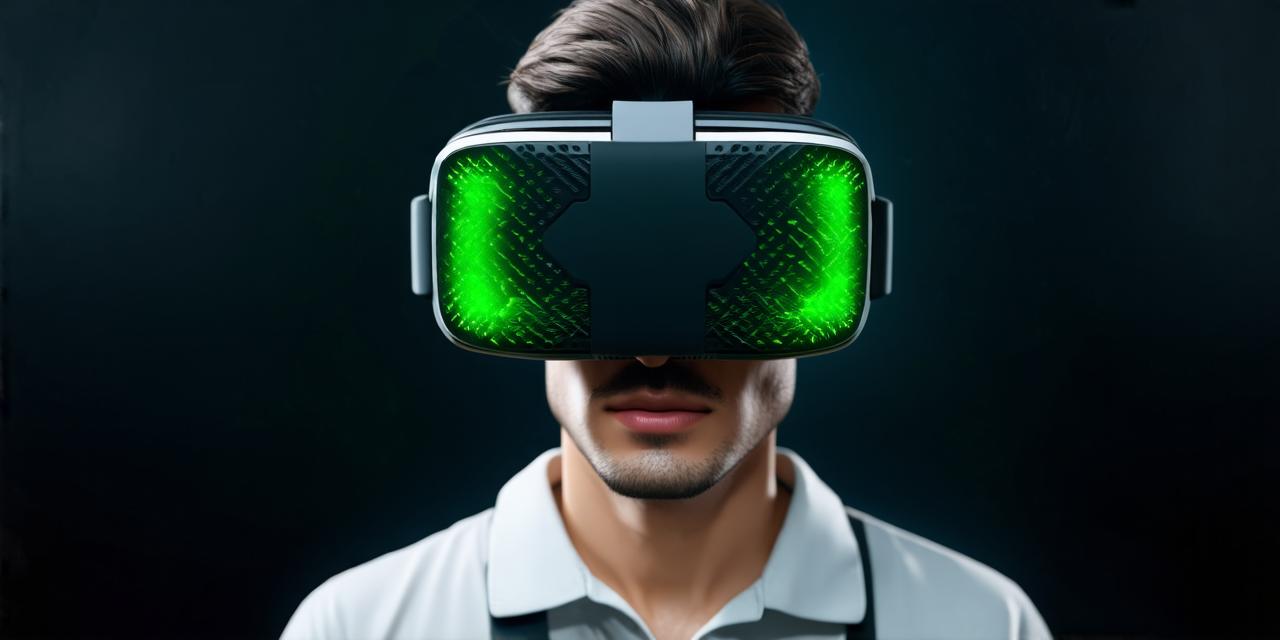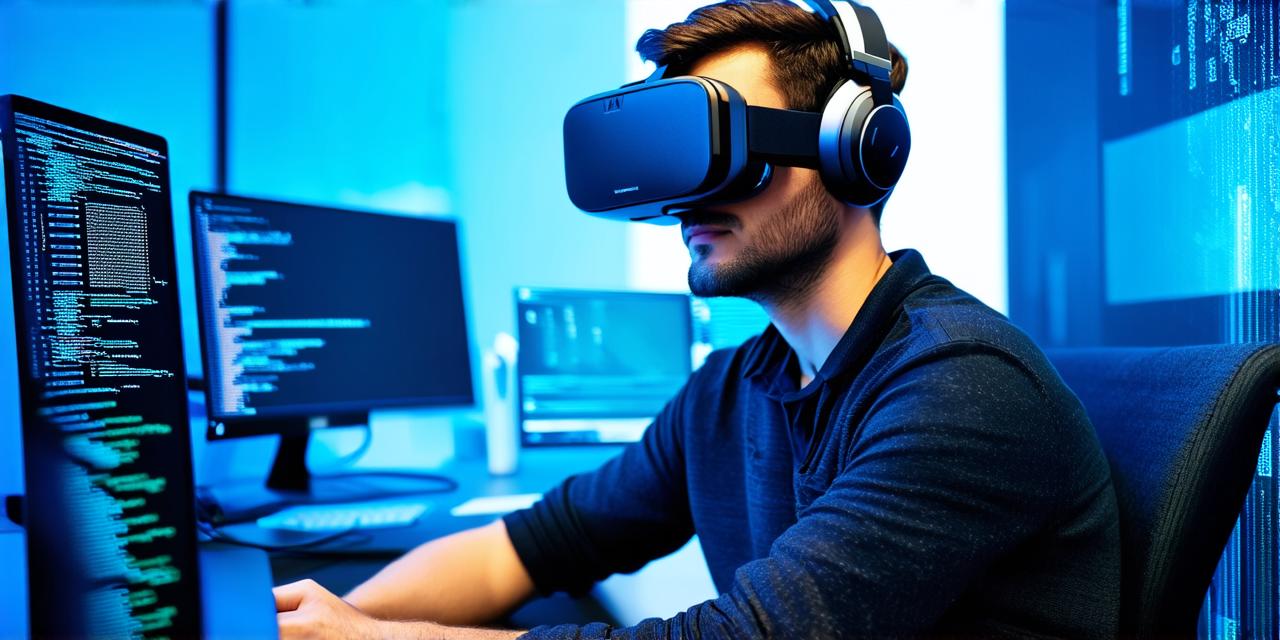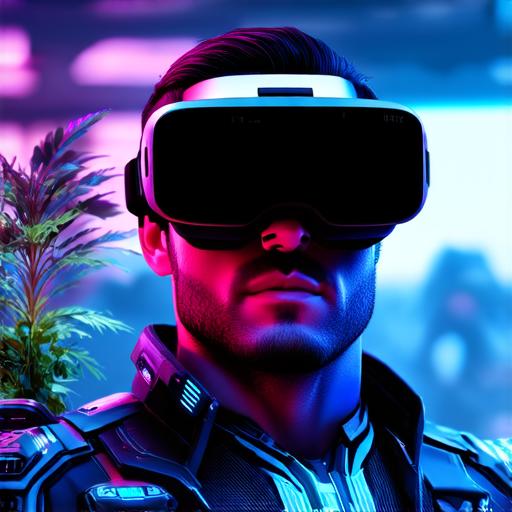
The Rise of Immersive Experiences
VR has already made significant strides in gaming, education, and healthcare sectors. For instance, the Oculus Rift revolutionized gaming by offering an immersive 3D experience. Similarly, VR is transforming medical training by providing realistic simulations for surgeons-in-training.
The AR Revolution
AR, on the other hand, has found its footing in everyday applications. From Pokémon Go to IKEA’s Place app, AR is making our world more interactive and engaging. The potential of AR is immense, with experts predicting a market worth $209.2 billion by 2025.
The Merge: VR and AR Convergence
The lines between VR and AR are blurring, leading to exciting possibilities. Hybrid devices like the Magic Leap One and Microsoft’s HoloLens promise a seamless blend of virtual and real-world experiences. This convergence could open up new avenues for AR developers, merging gaming, education, and practical applications in a single platform.
The Role of 5G and AI
The advent of 5G and advancements in AI are set to propel VR and AR forward. Faster internet speeds will enable smoother, more responsive experiences, while AI can enhance these interactions by learning user preferences and adapting accordingly.
Challenges Ahead
Despite the promise, challenges remain. High costs, limited content, and concerns over privacy and health are obstacles that need to be addressed. However, as technology evolves, these hurdles may become less daunting.
The AR Developer’s Opportunity
For AR developers, this is a golden age of opportunity. The convergence of VR and AR, the rise of 5G and AI, and the growing market demand for immersive experiences present a fertile ground for innovation. The challenge lies in staying ahead of the curve, embracing new technologies, and pushing the boundaries of what’s possible.
A Glimpse into the Future
As we look to the horizon, the future of VR and AR is one of limitless potential. From holographic meetings to virtual travel, the possibilities are as vast as our imagination. The question isn’t if VR and AR will change our world, but how quickly we can adapt to this brave new digital frontier.
FAQs
1. What is the current state of VR and AR?
– VR and AR are already making significant strides in various sectors like gaming, education, and healthcare.
2. How will 5G and AI impact VR and AR?
– Faster internet speeds and AI enhancements will make VR and AR experiences smoother and more responsive.
3. What are the challenges facing VR and AR?
– High costs, limited content, privacy concerns, and health risks are some of the challenges that need to be addressed.
